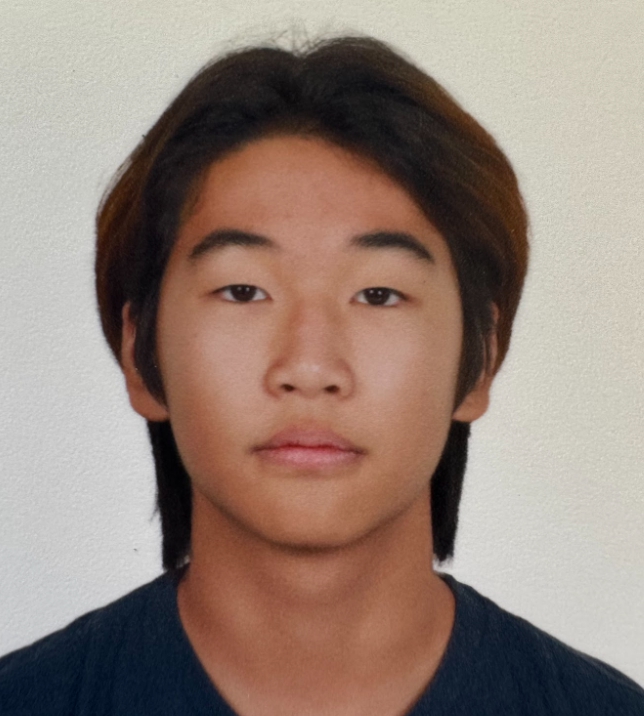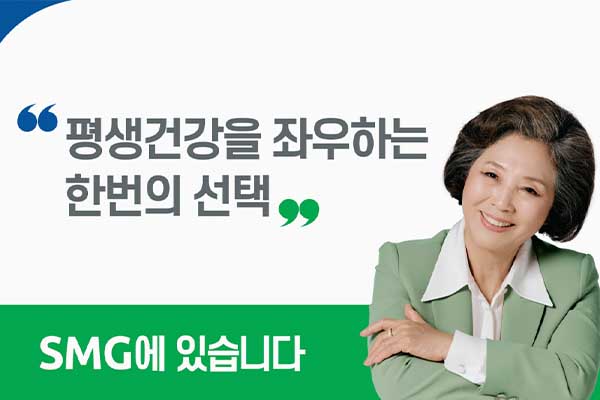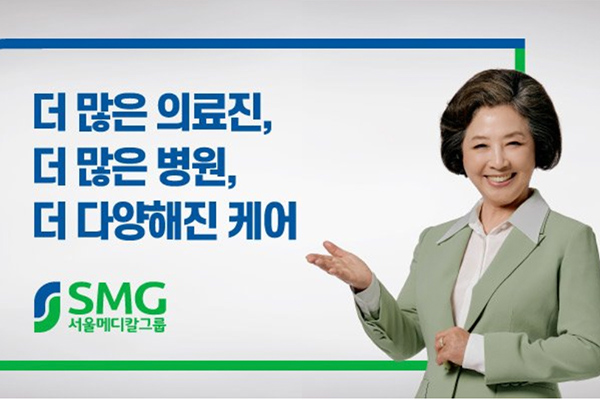
In an unprecedented political shakeup, South Korea has appointed its third acting president in five months as the country hurtles toward a high-stakes snap election. With front-runner Lee Jae-myung facing renewed legal troubles and conservatives divided, the outcome could redraw the nation’s political future.
Education Minister Lee Ju-ho assumed the role of acting president on Friday, promising “unwavering stability” as the nation lurches toward a June 3 snap presidential election triggered by the impeachment of former President Yoon Suk-yeol, according to Reuters.

Crisis at the Top: A Revolving Door of Interim Leaders
Lee became the country’s third interim leader in just five months after Prime Minister Han Duck-soo resigned to launch his own presidential bid and Finance Minister Choi Sang-mok quit hours later while facing a parliamentary impeachment vote. This revolving-door leadership has rattled both investors and voters. Reuters reports that Lee convened an emergency National Security Council meeting within hours of taking office in an effort to project stability.
Under South Korean law, a presidential election must be held within 60 days of a vacancy. The race—already the most volatile since democratisation—was further jolted this week when the Supreme Court overturned a lower-court acquittal for liberal front-runner Lee Jae-myung, reopening an election-law case that could potentially bar him from the ballot, according to Al Jazeera.
Legal Storms and a Fractured Conservative Base
Meanwhile, the conservative People Power Party on Saturday nominated former labour minister Kim Moon-soo, 73, as its standard-bearer. A one-time democracy activist turned business-friendly hawk, Kim vowed to “start over” after Yoon’s downfall and pledged tougher lines on North Korea and economic reform, as Reuters reported.
Recent polls place Lee Jae-myung near 50 percent support, with Kim Moon-soo trailing at around 13 percent. However, political analysts warn that the Supreme Court ruling could shift voter sentiment significantly. The entry of former Prime Minister Han Duck-soo into the race further threatens to split the conservative vote, The Guardian noted.
The campaign is unfolding under the long shadow of Yoon’s December 3 martial-law attempt, for which he now stands trial on insurrection charges. Prosecutors last week added a separate indictment for abuse of authority. Investigators also raided his residence in connection with a bribery scheme allegedly involving a shaman and luxury gifts for former first lady Kim Keon-hee, reigniting public debate over mysticism in Korean politics, according to Latest News & Breaking Headlines.
Currency and equity markets recovered early losses following Lee’s appointment. However, Reuters quoted the Bank of Korea warning that unresolved U.S. tariff disputes and continued political uncertainty could drive inflation higher in the months ahead.
On the streets of Seoul, public fatigue is evident. “It feels like Designated Survivor every week,” said office worker Yoo Seo-jin, echoing nationwide surveys that show trust in government at multi-year lows. Despite this, civic groups estimate voter turnout will exceed 75 percent, framing the election as a “referendum on constitutional resilience,” Reuters added.
What Happens Next?
May 13 – Official candidate list certified by the National Election Commission
May 18 – First televised debate (economy, foreign policy)
May 27 – Early voting opens nationwide
June 3 – Election Day; provisional results expected by midnight
<Jayson Park Student Reporter> Chadwick School 9th Grade jaysonpark0809@gmail.com
Editor’s Note: This piece stands out for its clear structure and insightful synthesis of rapidly unfolding political events.







